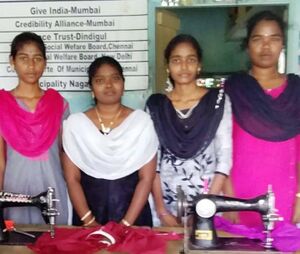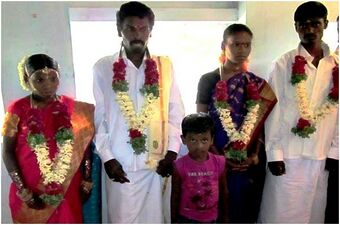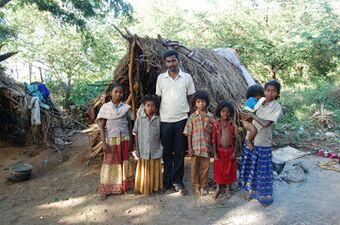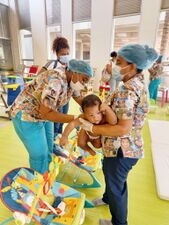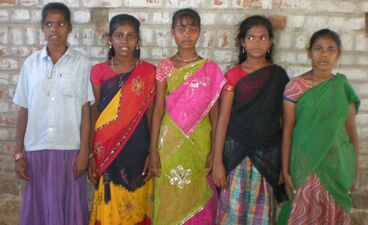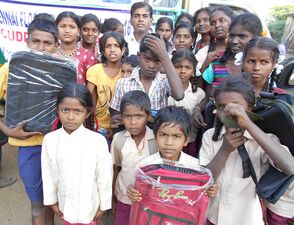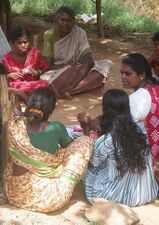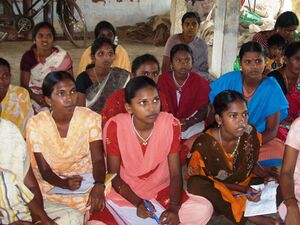Reproductive Health Care for Tribal and Rural Poor
| Organization | ROSI foundation(Rural organising for social improvement) |
|---|---|
| Region | India |
| Website | Website |
| ProjectLeader | PALANIVELU SUNDARAM |
| Linked Problems & Solutions
|
|---|
Now we are conducting Reproductive health training, Health counseling adolescent girls, motivation in rural and remote area, include on birth control, Anemia testing, STI testing, nutrias and sanitation material provision, cancer screenings, and more. By educating women, personnel hygiene and sanitation, stopping infections, and preventing unplanned pregnancies, these services enable women to manage their health and RCH rights.
Challenge
Lack of knowledge on sex, sanitation, hygienic, safe sex, unwanted pregnancy, infective disease, Anemia, uterus and breast cancers exist among Tribe, Dalit and rural people. Pregnancy and unsafe abortion is main cause for various health issues for adolescent girls. No condom using, no sex knowledge, no safety and rights on RCH because all are as moral matter under fear and screening. They are lack of nutrias and so anemia and STD exist. Not going to hospital and health centre.
Long-Term Impact
Reproductive health services can make a positive impact that reaches across generations. The ability to plan pregnancy is linked to increased education and work opportunities for women and better health for women and babies. However, teen mothers tend to drop out of school, and most families of young unmarried mothers tend to live in poverty. Providing reproductive health services to low income women breaks cycles of poverty by empowering women to manage their health and achieve successful live
References
Additional Documentation
https://www.globalgiving.org//pfil/29219/projdoc.doc
Project Gallery
